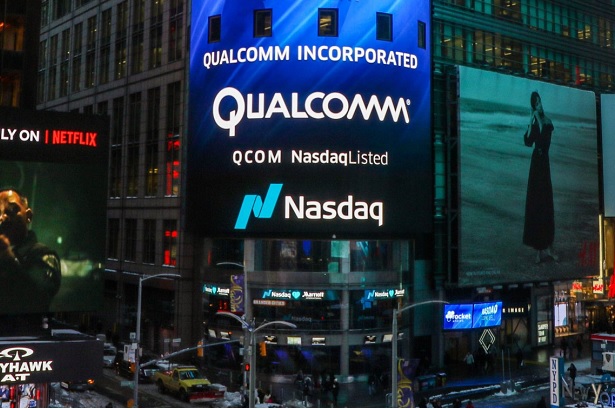Qualcomm is working with a range of Chinese OEMs to launch devices based on the 5G New Radio standard as early as 2019, as it won new deals to supply them with radio components.
The 5G Pioneer initiative will see the chipmaker collaborating with Lenovo, OPPO, vivo, Xiaomi, ZTE and Wingtech to conduct research and development into the requirements of 5G smartphones.
Through the initiative Qualcomm said it planned to build a platform capable of supporting next generation devices.
The coalition will also focus on exploring new technologies such as artificial intelligence and the IoT.
Cristiano Amon, President at Qualcomm, said: “5G will bring massive new opportunities to the mobile industry, and we are excited to work with these manufacturers on this 5G Pioneer Initiative.
“Qualcomm Technologies has close relationships within China’s mobile and semiconductor ecosystem, and we’ll continue to work with this ecosystem to drive innovation as we move from the 3G/4G era to the 5G era.”
Qualcomm also announced it had signed memoranda of understanding (MoUs) with Lenovo, OPPO, vivo and Xiaomi to supply them with RF Front End components.
Subject to definitive agreements, the non-binding deals will be worth up to $2 billion over three years.
Amon said the agreements demonstrate the chipmaker’s commitment to the Chinese device ecosystems.
“Our robust RF front-end solutions help these OEMs to not only build power-efficient devices at scale in a cost-effective way, but also to deliver advanced mobile devices to consumers not just in China, but around the world,” he said.
The flurry of activity in China comes a day after the European Commission slapped Qualcomm with a €997 million fine for damaging competition in the chipset market. The Commission found the chipmaker had abused its market dominance within the LTE baseband chipset market and stopped Apple from pursuing deals with its rivals.
Qualcomm is also facing a hostile take-over bid from Broadcom and ongoing legal wrangling with customer Apple.





